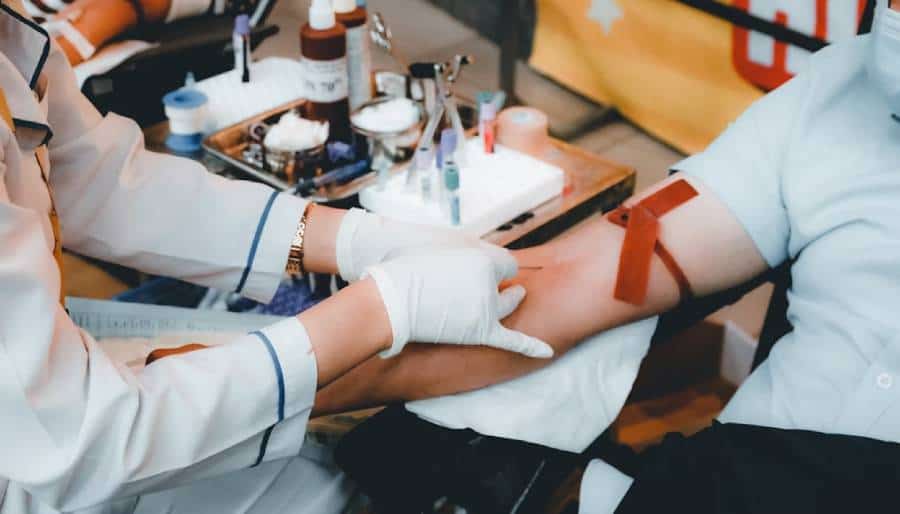-
Location: New Jersey DWI Lawyer 609 Main St. Toms River, NJ - 08753
-
Phone:
201-214-4444
732-282-1394 (1DWI)
Facing a traffic stop in New Jersey, especially one where a police officer suspects DUI (Driving Under the Influence), can be a daunting experience. One crucial aspect of these stops is the typical request to perform field sobriety tests (FSTs). These tests are a series of physical and cognitive tasks purporting to help officers determine if a driver is impaired. Consult Law Office Defense of New Jersey DWI and Criminal Cases to learnt about field sobriety tests, their reliability, and the consequences of refusal.
New Jersey Law Does Not Require Participation in Field Sobriety Tests
New Jersey law does not obligate drivers to participate in field sobriety tests. Unlike the requirement to submit to chemical breath tests under the implied consent law, there is no statutory mandate compelling drivers to perform field sobriety tests. Essentially, when a police officer requests that you perform these tests, you have the legal right to refuse.
While you are not legally required to perform these tests, refusing can still have implications. For example, refusal might influence the officer’s decision to arrest you or be used against you in court to suggest that you were aware of your impairment. However, since standardized field sobriety test (SFST) scoring is subjective and nearly always biased, the trade-off for the individual favors a decision to decline SFSTs.
Field Sobriety Tests Are Almost Impossible to “Pass”
Field sobriety tests are purportedly designed to assess impairment, but they are unscientific, subjective and designed for failure in most cases. SFSTs are notoriously difficult to pass, even for sober individuals. The three standard tests endorsed by the National Highway Traffic Safety Administration (NHTSA) are the Horizontal Gaze Nystagmus (HGN), the Walk and Turn (WAT), and the One-Leg Stand (OLS).
Each of these tests relies on the subject’s balance, coordination, and the ability to follow instructions precisely—factors that can be influenced by numerous non-alcohol-related variables.
It is difficult to “pass” these tests, even if you are not under the influence. This inherent difficulty underscores the importance of consulting with a lawyer if you are facing DUI charges.
Refusing Field Sobriety Tests Will Not Prevent an Arrest
While you have the right to refuse field sobriety tests in New Jersey, this refusal will seldom prevent arrest. Police officers base their decision to arrest on a variety of factors, including their observations of behavior, speech, and driving patterns. If an officer suspects you are under the influence, they can still arrest you without field sobriety test results.
Refusal to perform field sobriety tests can be interpreted by officers as a sign of impairment. In court, prosecutors may argue that your refusal indicates consciousness of guilt. However, refusal alone is not enough to convict you of DUI. The prosecution must still prove beyond a reasonable doubt that you were driving under the influence. This is where the assistance of an experienced New Jersey DUI lawyer becomes invaluable.
Upon arrest, you will likely be required to submit to chemical testing. Under New Jersey’s implied consent laws, refusal to undergo chemical breath testing after an arrest and statutorily-required formal demand for breath testing leads to mandatory penalties, including license suspension for at least seven months and fines. Therefore, understanding the legal distinction between field sobriety tests and chemical breath tests is crucial.
In conclusion, while refusing field sobriety tests in New Jersey is within your rights and might be advisable due to their unreliability, it will not necessarily prevent your arrest. It is essential to understand your rights and the potential consequences of refusing, and hire an experienced New Jersey DUI lawyer romptly if you find yourself in such a situation.
Refusing field sobriety tests is legally permissible and prudent, given their high rate of inaccuracy. However, this refusal does not preclude arrest and may still be used against you in court. Consulting with an experienced New Jersey DUI lawyer from the Law Offices of Bartholomew Baffuto is your first step toward securing the best possible legal defense.
Featured Image Source: https://unsplash.com/photos/person-in-white-long-sleeve-shirt-sitting-on-chair-2rNHliX6XHk


